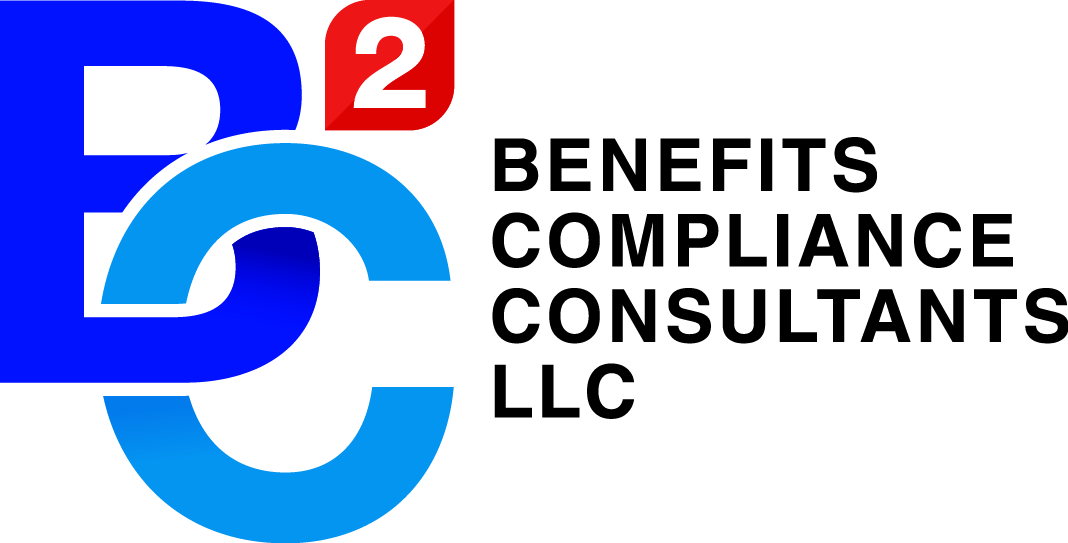 Regardless of whether you’re starting up a new company, incorporating your business, or forming a LLC, you’ll need to be aware of the compliance requirements for businesses. It’s a serious error to not address these requirements of compliance.
Regardless of whether you’re starting up a new company, incorporating your business, or forming a LLC, you’ll need to be aware of the compliance requirements for businesses. It’s a serious error to not address these requirements of compliance.
Small business owners frequently neglect such requirements and find that they are in a lot of legal trouble for not paying closer attention. Such compliance requirements are mandatory if you want your business to grow.
If these requirements aren’t met, or if they’re not completed in a timely fashion, the company may lose the status as a corporation or as a LLC. These are serious consequences and you’ll want to ensure that you’re following all such regulations to ensure the longevity of your business.
If the compliance requirements aren’t followed, the company can go bankrupt and may have to sell everything to pay the debt. If you wish to avoid such a situation, it’s vital that you understand the limited liability of your company and protect the LLC status of your business.
After a business has been incorporated, or after they’ve formed a LLC, they must prepare to follow some compliance requirements. Failure to do so in a timely fashion can have serious consequences including having to sell the entire business to pay for the failure to follow the compliance regulations.
There are two types of requirements. Those that are internal, and those that are external. Internal requirements must be taken when the company has a limited liability or they have directors and shareholders, members, or the managers who will be present.
While these may be overlooked, internal requirements must be kept track of and documented in company records. These records may be required when the company is in a lawsuit or other legal type situation.
There are different types of corporations. There are C corporations and S corporations and there are very strict internal requirements for each. One such requirement is that they must hold the initial and annual director meetings as well as shareholder meetings. Here, they will have to adopt bylaws and issue stocks to their shareholders. They must record all such transfers as well.
Although LLC aren’t held to the same strict requirements, they still have to have agreements, issue membership shares, and record the interest of transfers and hold an annual meeting of members and managers. They must use a compliance kit to ensure that they are always in compliance and focus on what must be kept track of to maintain their company.
This kit should include the bylaws as well as the operating agreement. They must keep track of stocks and certificates and a transfer ledger. They must also have their meeting minutes at hand and keep all of them in case they are required for future reference.
External requirements are different in that the state that the business operates in is the one that governs these requirements. They must have state compliance requirements and these will include annual state filing and an annual report. They must pay the state fees and keep track of all of this in ledgers that they can present should they be required.
 Businesses must pay all of the required fees to the state and keep track of the receipts in case they need to show them at a future date. Everything should be accurately documented and kept track of in the record keeping.
Businesses must pay all of the required fees to the state and keep track of the receipts in case they need to show them at a future date. Everything should be accurately documented and kept track of in the record keeping.
There are serious consequences at the state level that can happen if the business isn’t in compliance with the requirements. Each state will have slightly different requirements and regulations so it’s vital to stay in touch with the proper authorities to ensure that all of the compliance requirements are followed to the letter.
If a business isn’t in compliance, they can lose their business license and will go out of business. They may also owe a large amount in fees for not being in compliance. There are ways to get assistance should there be any questions and many corporations and businesses actually hire a compliance manager to make sure that all of this is taken care of in the proper fashion to keep the business running smoothly. Following all of the compliance requirements will go far to help keep a business flowing smoothly.

